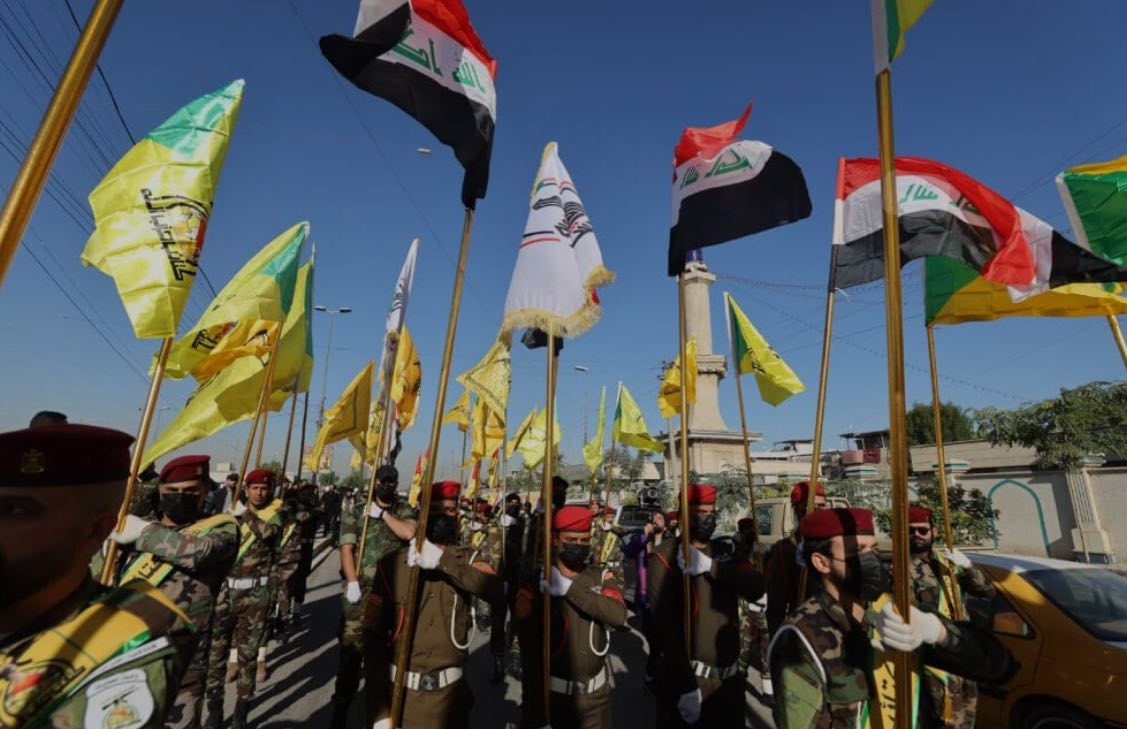Now Iraq is the last stronghold
Now Iraq is the last stronghold
The fall of Bashar al-Assad and the current situation in Syria have created several developments in the region and a power play among the interested countries. Understanding these changes is not too complicated. Firstly, with Assad’s fall, Turkey has gained more confidence and has taken an aggressive stance.
Secondly, Iran has suffered a defeat, and naturally, it is worried and has taken a defensive position.
Of course, neither Turkey nor Iran is keen on a direct confrontation with each other.
Monitoring the positions of officials from both countries shows that they try to be cautious to avoid a direct confrontation. However, the reality is that the course of developments in Syria indicates that the conflict of interests between Turkey and Iran will become more prominent sooner than many think.
In fact, despite neither Iran nor Turkey wanting a confrontation, they are caught in the process and developments in Syria, and both are inevitably moving towards a confrontation. Meanwhile, the United States is also a significant player in Syria.
Iran’s concern regarding Syria is that the rise of a Sunni government in this country could threaten Iraq’s security. If a Sunni government comes to power in Syria, Sunni Arabs will be stationed on both sides of the Syria-Iraq border.
These are exactly the areas that ISIS captured in 2014 and declared the Islamic Caliphate.
Jolani, the commander of the Tahrir al-Sham group, who is now sitting in the seat of power in Damascus, used to move around these areas in the mid-2000s to early 2010s to join al-Qaeda. Iran and Iraq entered a war with ISIS from 2014 to 2018.
Eventually, with the defeat of ISIS, the Sunni regions in Iraq came under the control of the Shiite forces of the Popular Mobilization Forces. Now Iran has completely lost Syria, and Hezbollah has also been severely weakened.
Therefore, it is natural for Tehran to try to ensure that at least Iraq remains within Iran’s sphere of influence. From Iran’s perspective, Hayat Tahrir al-Sham is a hostile force and, in addition, enjoys Turkey’s support.
Moreover, Turkey has a significant military presence in northern Syria and is very keen to weaken the separatist Kurds in northern Syria and create conditions for Sunni Arabs to settle in areas under the control of Syrian Kurds.
In fact, Turkey’s ultimate goal is for Sunnis and Turkmen in Iraq to become powerful again.
Because the empowerment of these two groups would shift the balance of power in Iraq against the Iran-backed Shiites. Additionally, Turkey has close relations with the Kurdistan Democratic Party of Iraq, and the Iraqi Kurds also control part of the areas bordering Syria.
Meanwhile, the US perspective on the Syrian Kurds is different. At the time of ISIS’s rise, the US believed that the Kurds were the only effective force against ISIS. This belief led to a disagreement with Turkey, and of course, this disagreement was also beneficial to Iran. But now Assad’s government has fallen, and Donald Trump has promised to reduce US military involvement in Syria.
Therefore, there is a possibility that Trump and Erdogan might agree on one hand to act against the rise of ISIS and on the other hand to take actions against Iran’s interests in Syria and Iraq. If this happens, it would be the first time Turkey, by aligning with the US, Iran’s number one enemy, directly acts against Iran’s interests in the region.
Iran knows that the Iraqi Shiites might not be able to stand against the empowerment of Iraq’s Sunnis, but currently, Iran has the least leverage. If Trump moves towards implementing a maximum pressure policy, Iran will be under more pressure than ever.
The timing of recent events in Syria and Lebanon was not at all in Iran’s favor. Currently, the economic situation is not good, social capital has eroded, and the state-citizen relationship is not satisfactory at all. In such conditions, Iraq is Iran’s last stronghold in the region.
Therefore, the prospect of increased security cooperation between Iran and Iraq is not far-fetched.
If the Iraqis perceive the security threat from Syria seriously, they will automatically turn to Iran. In summary, the fragile situation in Syria might spill over into Iraq. If this happens, it could be both an opportunity and a threat for the US.
For Turkey, it creates an opportunity to achieve its territorial ambitions, but for Iran, there is a danger that the entire national security strategy built over the past forty years will face an existential threat. In reality, now Iraq is Iran’s last stronghold.

